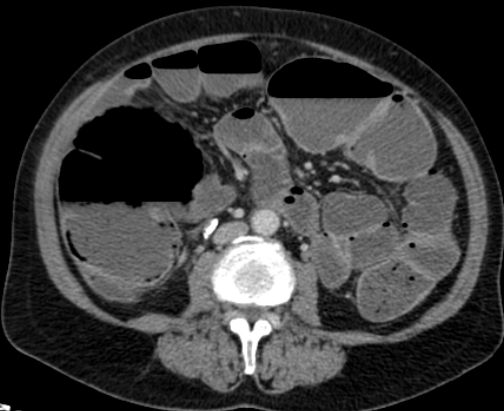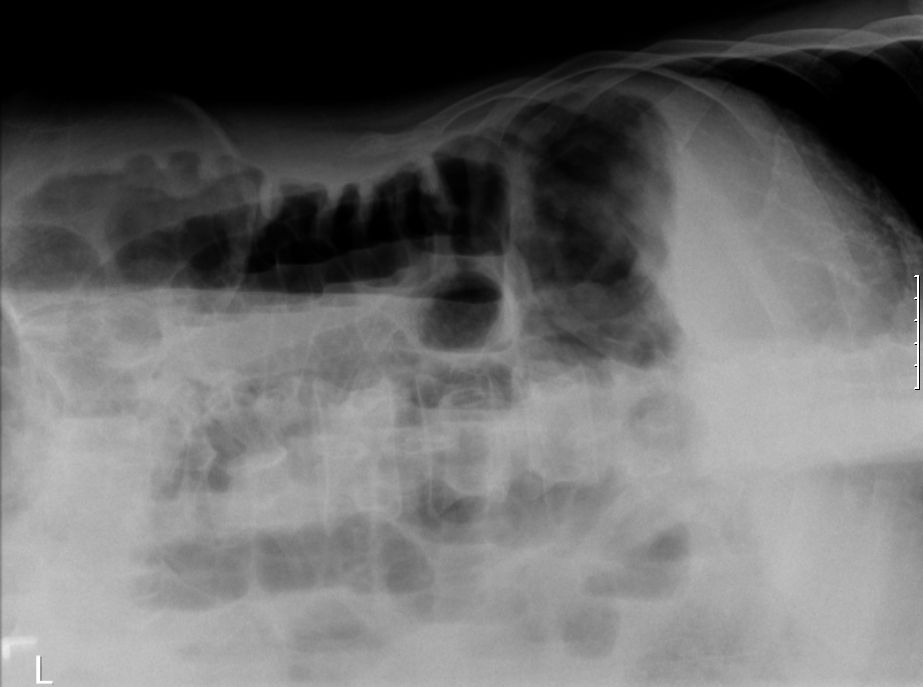Table of Content
The full clinical picture of postoperative ileus ensues, with inflammation of the tunica muscularis externa of the entire gastrointestinal tract . An ileus is a type of bowel obstruction in which intestinal peristalsis temporarily ceases 13. Peristalsis is the wavelike contractions that push food through the intestine. Paralytic ileus is one of the most common causes of intestinal blockage in infants and children. Left untreated, ileus can lead to infection, jaundice, electrolyte imbalance and perforation of the intestine.
This may show signs of trapped gas and possibly the obstruction, but plain film X-rays aren’t always the most conclusive way to diagnose an ileus. If your bowels aren’t moving because of an ileus, your doctor may not hear anything or may hear excessive bowel sounds. Most surgery-related ileus will resolve within 2 to 4 days after surgery. However, some people do require surgery if the condition does not improve. Treatment without surgery is possible during the early stages of a paralytic ileus.
Similar articles in PubMed
If you have an ileus, you should not eat until it is resolved. Proper nutrition is important to prevent malnutrition and weight loss, as well as supply necessary nutrients for healing. Tube feeding can be done either through an IV in the vein or a tube that goes from the nose to the stomach. This allows the bowel to rest while the underlying cause of the ileus is treated. Medications can be given to stimulate peristalsis, according to the National Institutes of Health.

Instead, a surgeon may fit a stent into the person’s intestines to keep the intestine open and allow bowel materials to pass through more easily. As a result, you may not have much time to prepare for an appointment. If you have time before your appointment, make a list of your signs and symptoms so that you can better answer your doctor's questions. In cases where the colon is enlarged, a treatment called decompression may provide relief. Decompression can be done with colonoscopy, a procedure in which a thin tube is inserted into your anus and guided into the colon.
Medications Used for Ileus
In general, prokinetic agents studied for the treatment of POI have yielded inconsistent and marginal results. Emily Estep is a biologist and fact checker focused on environmental sciences. She received a Bachelor of Arts in Journalism and a Master of Science in Plant Biology from Ohio University. Emily has been a proofreader and editor at a variety of online media outlets over the past decade and has reviewed more than 200 articles for The Spruce Pets for factual accuracy. Medications to promote peristalsis may help reboot your bowel function if it doesn’t recover soon enough on its own. You’ll avoid eating by mouth until your bowel function has returned.
During this procedure, the doctor inserts air or barium sulfate, a radiopaque substance, through your rectum into your colon. While the doctor does this, a technician takes X-rays of your abdomen. The air or barium shows up on the X-ray to help the technician view any potential obstruction.
What is the definition of spastic ileus?
Individuals can improve their outlook and reduce the risk of complications by understanding the symptoms. It is essential to seek prompt medical treatment as soon as symptoms appear. In some cases, a surgeon may need to remove a person’s entire intestine. They create an opening in the abdomen, called a stoma, allowing stool to pass from the intestine into a pouch that collects stool. If medication or dietary changes do not resolve the ileus, or if the blockage is severe, then a person may need surgery. Conditions such as Crohn’s disease and diverticulitis can cause a partial intestinal block.

If you experience these symptoms, especially after surgery, it’s important to seek immediate medical attention. Intussusception is the most common cause of an ileus in children. This is when a part of the intestine “telescopes” or slides into itself. This means the foods you eat have a long way to travel before they’re fully digested and excreted. Recovering from an ileus depends on whether the person receives appropriate treatment for the underlying cause.
When to Start a Clear Liquid Diet Before a Colonoscopy?
Bowel obstruction is also known as an intestinal obstruction or Paralytic ileus and also Intestinal volvulus and even Pseudo obstruction intestinal and in some circles it can be called Colonic ileus. The obstruction in the bowel is an involuntary affair and causes the usual movement of foods in the digestive tract to be stalled. The obstruction can happen in any place of the digestive track. Unfortunately it is classed as a medical emergency and you will need intervention. Conservative treatment—This is possible only if there are no signs of sepsis and if perforation and ischemia have been ruled out. Supportive measures are given, including nil per os, a nasogastric tube, a decompressive rectal tube, correction of electrolyte disturbances, and discontinuation of constipating drugs.

Your intestine is a long and winding tube inside of your body that attaches your stomach to your anus. The small intestine's main job is to break down the food you eat. The large intestine, or colon, absorbs water and uses strong, wave-like movements to push broken-down food and waste to your anus so you can poop. Gastrointestinal perforation occurs when a hole forms all the way through the stomach, large bowel, or small intestine. Your doctor may then conduct a physical exam, looking at your abdomen for signs of swelling or tightness.
On the other hand, if the anastomosis fails, the morbidity and mortality rise considerably. 8.Condon RE, Cowles V, Ekbom GA, Schulte WJ, Hess G. Effects of halothane, enflurane, and nitrous oxide on colon motility. Upright position, especially in patients who may have spent a lot of time lying down. Electrical stimulation to encourage movement in the intestine. Your doctor will use a stethoscope to listen to the sounds your belly makes.

These therapies may also reduce the economic burden of POI on health systems. Pharmacists play an integral role in the management and monitoring of patients with POI. Their contributions are not only clinical, but also economic in nature. It is the pharmacist's responsibility to ensure optimum pharmaceutical care at the most reasonable cost. In monitoring the patient at risk for POI, it is necessary to review medication regimens to ensure that patients are not taking medications that may exacerbate POI. If it is discovered that a patient is currently on such a regimen, the pharmacist should ensure that all preventive measures are being utilized.

No comments:
Post a Comment